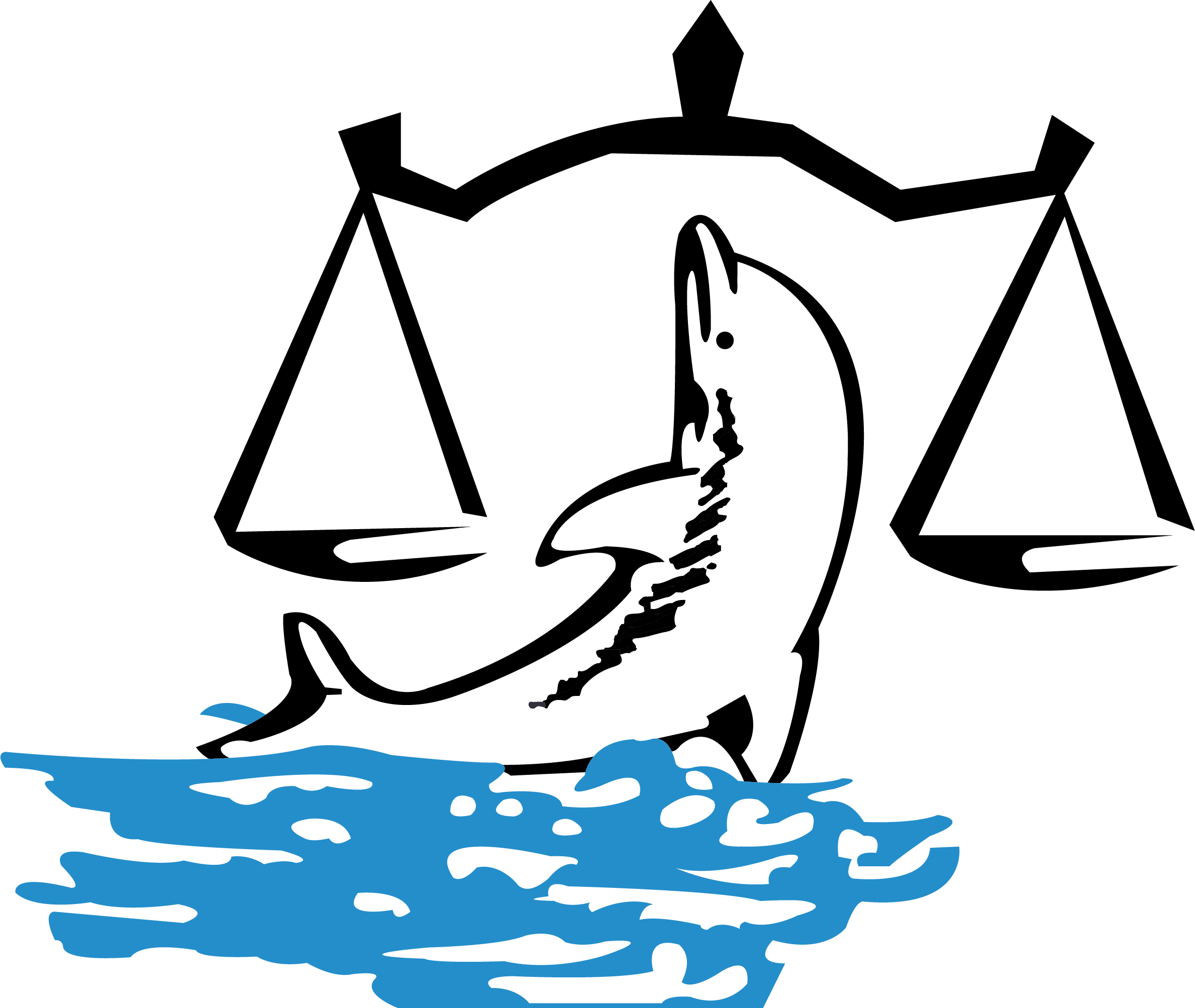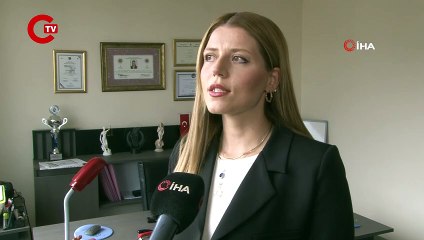The Professional Sports Law: Law and Justice in Football and Basketball Symposium organized by the International Law Association in Athens

Kulüpler oyunculara ödeme yapacak mı? İndirim şansı var mı?
July 15, 2020
1 Introduction
Today I will talk about Basketball Arbitral Tribunal “BAT”, I am planning to give fundamental information in 6 parts; Introduction, Parties, Differences Between FIFA’s DRC and FIBA’s BAT, Arbitration Process, Awards – Sanctions and Conclusion.
The main reason I chose this topic is that when it comes “Sports Law” the system of Football Arbitration is broadly known, while the corresponding system in Basketball has not widely been discussed. Considering that around 150 requests for arbitration being filed each year before BAT, I believe that a deep analysis of the Tribunal and a discussion of the differences between DRC and BAT can offer useful outcome that concerns the entire Sports Law society.
According to BAT Rules the Basketball Arbitral Tribunal has been created by Fédération Internationale de Basketball ( “FIBA”) with a view to providing parties involved in disputes arising in the world of basketball with an efficient and effective means of resolving these disputes.
Unlike FIFA’s DRC, to apply BAT, parties should have a statement of common will with an arbitration clause in their agreements. Standard arbitration clause for BAT is;
“Any dispute arising from or related to the present contract shall be submitted to the Basketball Arbitral Tribunal (BAT) in Geneva, Switzerland and shall be resolved in accordance with the BAT Arbitration Rules by a single arbitrator appointed by the BAT President. The seat of the arbitration shall be Geneva, Switzerland. The arbitration shall be governed by Chapter 12 of the Swiss Act on Private International Law, irrespective of the parties’ domicile. The language of the arbitration shall be English. The arbitrator shall decide the dispute ex aequo et bono.”
As one can see, this clause explains BAT well, so BAT is stated in Geneva, resolved by the single arbitrator who is appointed by BAT President in accordance with BAT Rules and arbitration shall be english.
As a result of BAT located in Switzerland, legitimacy provided by Swiss Law. 12th Chapter of the Swiss Act on Private International Law concerning “International Arbitration” .
In BAT Arbitration general principle is ‘’Ex aequo et bono’’. This literally means according to/from the right and good.
The arbitrator shall decide which law shall be applicable for the dispute according to fairness and the goodness of the parties. I think that the best part of BAT is this. Because, the right can be relative, so ex aequo et bono ensures rightness.
2 Parties
BAT provides resulting disputes from Basketball, all natural and legal persons from the FIBA and basketball world can become a party.
-Teams
-Players
-Managers
-Federations
as the four main parties for BAT. (Like I said all basketball world)
3 Differences Between FIFA’s DRC and FIBA’s BAT ((8))
- Establishment
DRC was established by FIFA in 2001.
BAT (FAT) was established in 2006 as the FIBA Arbitral Tribunal then in 2009 it took current name ‘’Basketball Arbitral Tribunal’’.
- Working Area
DRC and BAT both are arbitration and dispute resolution on the basis of equal representation of players and clubs and an independent chairman.
Beside DRC comprehends disputes from ‘’Football’’, BAT disputes based on ‘’Basketball’’.
- Parties Ex.
All football players in the world have to accept the FIFA regulations and therefore the articles referred to the DRC. At the same time, the domestic law has the possibility to apply to national courts.
As previously mentioned, according to the standard clause in 0.3 of the BAT Rules, to apply BAT an arbitration clause is needed. All disputes arising from Basketball can be a case for BAT, if there is an agreement for jurisdiction, claimants and respondents can be a party for BAT.
So it is means that; to be a party for DRC it is enough to be a dispute arising from football. Unlike that, for to be a party for BAT arbitration clause is required.
- Dependence / Independent nature
The Dispute Resolution Chamber (DRC) is a deciding body within FIFA’s structure in a way that we could say that there is a dependence between FIFA and DRC.
The Basketball Arbitral Tribunal (BAT) is an independent body, officially recognized by FIBA and outlined by the FIBA General Statutes, providing services for the rapid and simple resolution of disputes
- Finance
As a result of independence nature of BAT, to provide this independence, BAT has been self-financed. Unlike DRC.
DRC has been financed by FIFA
- Law
The DRC applies the FIFA Statutes and regulations whilst taking into account all
relevant arrangements, laws and/or collective bargaining agreements that exist at national level, as well as the specificity of sport.
In the Bat, the Arbitrator decides on the basis of general considerations of justice and fairness without reference to any particular national or international law (ex aequo et bono).
- Sanction
Will explain later.
- Appeal
Against a motivated decision of the DRC or BAT, an appeal may be lodged before the Court of Arbitration for Sport (CAS) in Lausanne, Switzerland.
However, since the BAT judgment is based on the “ex aequo et bono”, almost all of the decisions made after the FIBA judgment are accepted in the CAS.
4 Process
1) Arbitration Clause (Article 1.1)
2) Request for Arbitration + Handling Fee (Article 9)
3) BAT Secretary >>>BAT President
>>>Arbitrator
if the President determines
>>>Parties (time limit + arbitration cost)
4) Respondent Answer
5) Further Process (submissions +hearing)
6) Award
2) Request for Arbitration:
If any dispute comes out to start BAT arbitration; The process for arbitration actually starts with the filling of the Rfa from the Claimant. The form can be find in the website of fiba, this is the last version.
Handling Fee
According to Art. 9.2 ‘’The arbitration will not proceed until the non-reimbursable handling fee provided in Article 17.1 below is received in the BAT bank account. The BAT Secretariat may fix a final date for the payment of the non-reimbursable handling fee, failing which the Request for Arbitration shall be deemed withdrawn.’’
Recent Handling Fee is:
| Sum in Dispute (in Euros) | Handling Fee (in Euros) |
| up to 50,000 | 1,500 |
| from 50,001 to 200,000 | 3,000 |
| from 200,001 to 500,000 | 5,000 |
| over 500,000 | 7,000 |
3) BAT Secretary
After non-reimbursable the payment of the handling fee, and the receipt of Rfa will by BAT Secretary, the Secretary informs the BAT President.
The President, reviews the documents, confirms conformity with BAT Rules and appoints an Arbitrator.
The Arbitrator, receives all documents submitted by the Claimant.
BAT Secretariat confirms receipt of the Request for Arbitration and of
the Non-Reimbursable Handling Fee and informs the Respondent of the
pending case and the time limit for filing his Answer (according to 11.2 of BAT Rules).
BAT Secretariat also informs the parties about the amount of the fees and the time limit for the payment of the advance on costs.
4) Respondent Answer
The Secretary will inform Respondent about the set limit and the respondent shall answer within this time period.
According to Art. 11.2 of BAT Rules, the Answer shall contain;
5) Further Process
- As a rule, no further submission is acceptable Unless Arbitrator decide to ask further submission/s or questions to the parties
- All documents exchanged will be forwarded by the BAT Secretariat to
the respective other parties, the Arbitrator and the BAT President.
- In general, the arbitration procedure will be conducted in writing. Hearings will be held only upon request, for which the Arbitrator shall decide (13.1).
- If one of the parties fails to pay its share of the advance on costs, the other party may substitute for it so that the arbitration can proceed (9.3).
- The Award will be delivered in principle within six weeks after completion of the arbitral proceedings (16.3).
5 Award and Sanctions
Award
The Arbitrator drafts the Award with or without reasons depending on the sum in
dispute (According to BAT Rules Art.16.2 if the party/ies fulfil its/their obligations on cost the Award will be with reasons).
Then the Arbitrator sends a copy to BAT President for review and decision on costs.
After that, the final copy will be sent to BAT Secretariat for final formatting. The final Award will be signed by Arbitrator and distributed by e-mail.
Sanctions (FIBA Internal Regulation Chapter 3 – Art.331)
In accordance with article 3-335 of the FIBA Internal Regulations, clubs, players, agents and coaches can be sanctioned by FIBA for their failure to honor an award of the Basketball Arbitral Tribunal
According to FIBA Internal Regulation, Chapter 3, Art.331 the sanctions are;
-A monetary fine up to CHF 150,000
-withdrawal of the FIBA-license if the first party is a player’s agent or of the WABC membership if the party is a coach
-a ban on international transfers if the first party is a player
– a ban on registration of new players and/or a ban on participation in international club competitions if the first party is a club.
Also Existing bans can be found on FIBA’s website. http://www.fiba.basketball/bat/sanctions
6 Conclusion
Through my presentation I tried to explain BAT with a basic way for to give fundamental information. Firstly, we saw in general terms the basketball arbitration and the relevant parties. After that, I presented 8 main differences between DRC and BAT. In the last part, I tried to explain the arbitration process, awards and sanctions. Thank you for attention.


